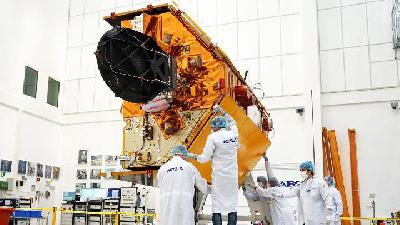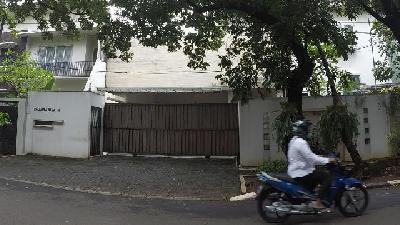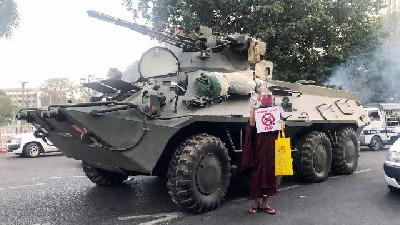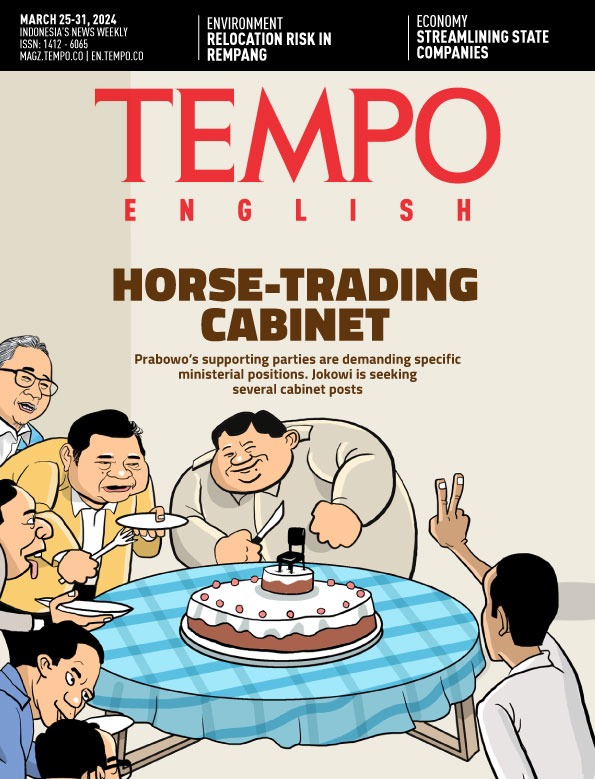I Can’t be Bribed
Monday, March 1, 2021
Since his recent appointment as the Naritime Affairs and Fisheries Minister, Sakti Wahyu Trenggono has already annulled three regulations on lobster larvae export and the use of trawl issued by his predecessor, Edhy Prabowo, who was arrested in the lobster larvae export graft case. The former deputy minister of defense with extensive experience in telecommunication is in the process of issuing regulations to ban the export of lobster larvae and the use of cantrang or trawl to prevent overfishing and ecological destruction. Given the task by the President to improve the welfare of fishermen, Trenggono is trying to steer the farmers toward fish farming which he believes will bring prosperity to the country’s small-scale fishers. He also vowed not to repeat the mistakes of his predecessor.
arsip tempo : 171359838484.
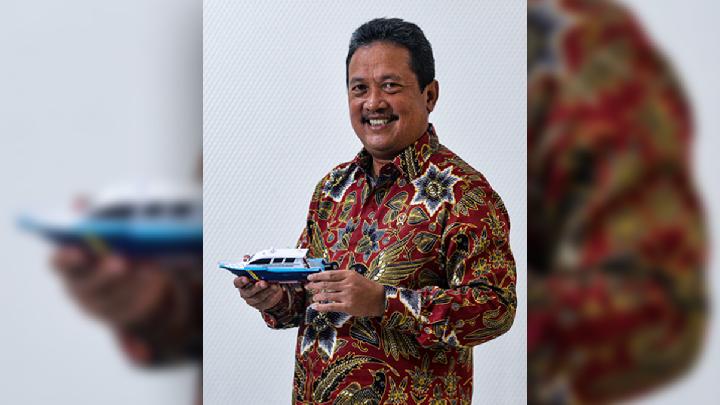
SAKTI Wahyu Trenggono was the deputy minister of defense before the lobster larvae graft case surfaced last November, 25. The scandal changed the course of his career when President Joko Widodo appointed him to replaced Edhy Prabowo, former maritime affairs and fisheries minister, following the latter’s surprise arrest by the anti-corruption agency that rocked the nation.
Trenggono said Jokowi gave him a specific message when he was sworn
...
Subscribe to continue reading.
We craft news with stories.
 For the benefits of subscribing to Digital Tempo, See More
For the benefits of subscribing to Digital Tempo, See More





